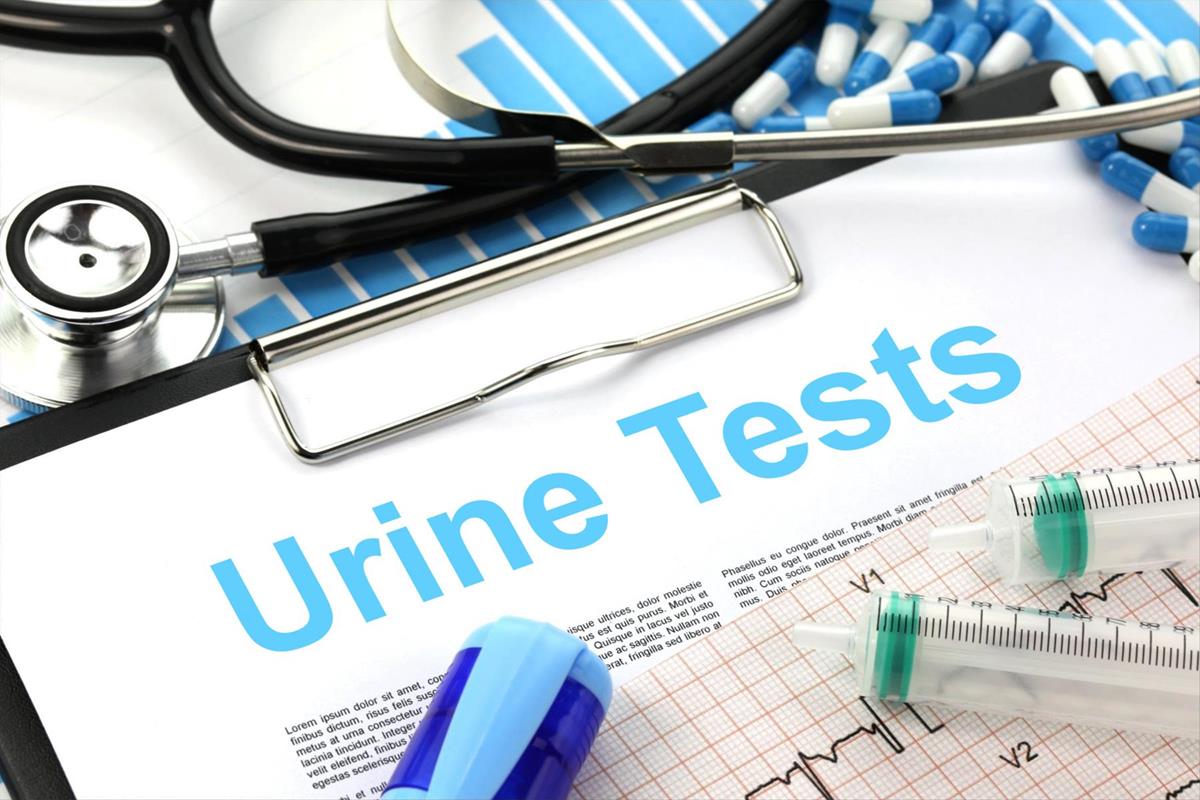Navigating the trials of becoming a new mom or adding another child to your family can be – well, a lot.
Everyone prepares you for the joys of becoming a parent, but they don’t talk as much about the deep dark hole some mothers fall into emotionally, let alone the impact of postpartum depression . They say it takes a village to raise a child, yet here we are, sitting on the couch alone in overwhelm and exhaustion – wondering how we’re ever going to make it through.
According to a UK Study, more than 90% of moms feel lonely after having children and many don’t confide in their partner. “More than half (55%) of lonely mums said being isolated has left them suffering anxiety, while almost half (47%) feel “very stressed” about it.” If this tells you anything about the postpartum period, it’s that anxiety, loneliness and even diagnosed postpartum depression are not uncommon. To help you understand this period a little more and be proactive about the weeks and months surrounding your birth, we’ve compiled a list of statistics and symptoms to give you the low-down for when you’re feeling down.
The Numbers.
First let’s explore a few statistics surrounding postpartum depression. The simple understanding of something can significantly impact the perspective that someone suffering has over their state of wellbeing and thoughts of the future. Here are the numbers surrounding postpartum depression:

- Statistic: Some studies are reporting 1 in 7 (and other studies up to 1 in 5) women suffer from postpartum depression. That’s up to 20% of all mothers.
Takeaway: What can you take from this? You are NOT alone. Combined with the loneliness statistics that we cited above, it’s very clear that this is a common problem for many new moms. This alone should be comforting to know that it’s more common than you might think. - Statistic: 50% of mothers with postpartum depression are not diagnosed by a health professional
Takeaway: There is lacking awareness of postpartum depression or understanding that it is really common.. Whether it’s because of the lacking postpartum support resources, a stigma surrounding mental health, or a combination of both – this warrants a little more education and more routine postpartum screening. Your doctor CAN recommend resources and treatment, so don’t be afraid to speak up if you feel like you need to. The more new mothers speak up to get support, the more awareness we can shed on the actual statistics surrounding postpartum mental health. - Statistic: 80% of women with postpartum depression will achieve a full recovery.
Takeaway: There is nothing like the knowledge that 8/10 women achieve full recovery from postpartum depression to alleviate any concerns that something is “wrong” with you. Understanding your resilience and ability to make a full recovery is important, as those beliefs and your attitude can be a large contributing factor to recovery. - Statistic: Baby blues impacts approximately 50-75% of new mothers, according to Cleveland Clinic.
Takeaway: Clearly baby blues need to be as big of a discussion as postpartum depression. With as many as 3 out of 4 mothers experiencing this postpartum, being prepared for and understanding the difference between baby blues and what might be postpartum depression. Baby blues typically last for only a few weeks postpartum, while postpartum depression typically lasts for a few months. - Statistic: 75% of women with maternal depression also had signs of postpartum anxiety disorder.
Takeaway: There is a high likelihood that if you experience depression as a postpartum mom, you may also experience postpartum anxiety. - Statistic: For patients experiencing postpartum depression and anxiety, 40% reported decreased symptoms after 90 days of chiropractic care.
Takeaway: Postpartum moms should continue to receive chiropractic care well into postpartum periods, as those surveyed indicated a decrease in symptoms following 90 days of care.
Symptoms to Look For.
Knowing the symptoms for postpartum depression is extremely important, as the knowledge could help you recognize it in yourself or your friends and loved ones. If you are still experiencing any of the following a few months into your postpartum period, it’s important that you tell your closest loved one, doctor, midwife, or therapist.
- Common: Feeling isolated or depressed for a few days or weeks after the baby is born.
Potential Symptom: Feeling depressed and isolated all day every day months after the baby is born. - Common: Feeling overwhelmed or passing feelings and thoughts that you can’t keep up or might fail.
Potential Symptom: Feeling shame, guilt or like a failure the majority or all of the time. - Common: Worrying about the health of your baby.
Potential Symptom: Feeling panicked or scared the majority of the time. - Common: Being too tired or not having as much time to do the things you once loved.
Potential Symptom: Having no interest at all or very little interest in doing in things that used to bring you joy. - Common: Wondering if you’ll be able to handle being a mom.
Potential Symptom: Having trouble forming a bond with your baby. - Common: Being frustrated with how much your life has changed as mom or missing “you”
Potential Symptom: Thinking about hurting yourself, your baby or thoughts of suicide.
Perhaps the greatest takeaway here is that if you’re a mom suffering from postpartum mental health symptoms, no matter how small or severe they are, you are not alone. The statistics clearly point to this being a common postpartum issue. As a Pregnancy Chiropractor in SWFL, we’ve been studying the wellness of postpartum mothers for quite some time. For new mothers lacking a support system, joining local support groups like our Southwest Florida wellness community, Pathways Connect SWFL can be super helpful to find community and ask questions about potential symptoms or just to find new online friendships.





